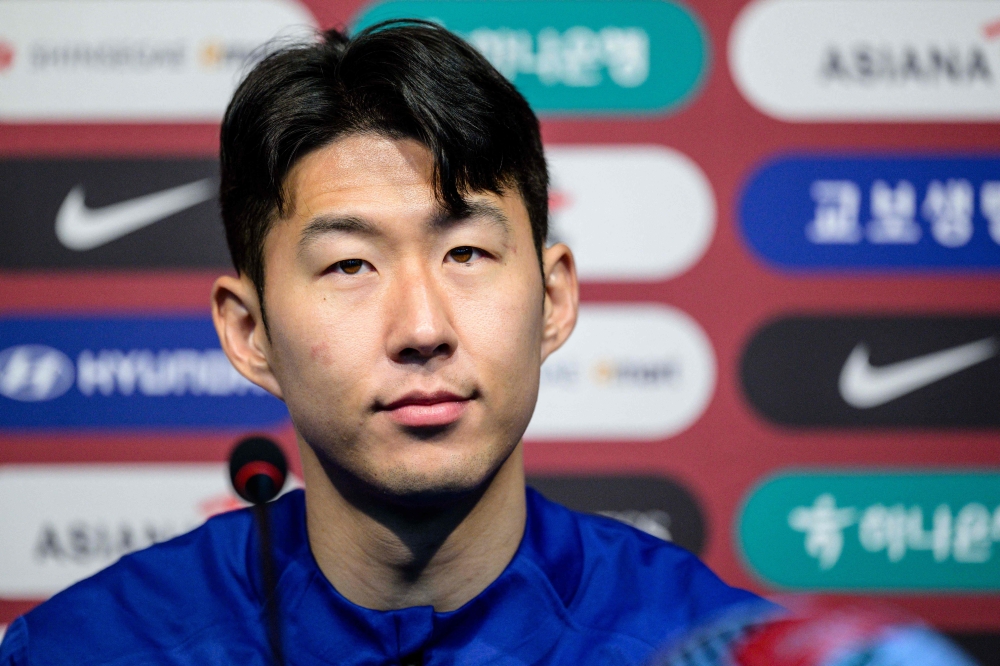South Korean football star Son Heung-min’s father, Son Woong-jung, is facing accusations of verbally abusing a young player at his football academy in South Korea. The 12-year-old player, identified as Kim, alleged that he was subjected to foul language and offensive names by the coach at the academy, as well as physical abuse by Son Heung-yun, the brother of the Tottenham Hotspur striker.
The incident came to light after Kim’s family reported the abuse to the police, leading to an investigation into the academy and its coaches. Son Woong-jung, a former footballer himself and a prominent figure in South Korea, has defended his actions as tough love aimed at preventing young athletes from failing. However, Kim’s lawyer, Ryu Jae-yool, has characterized the behavior as child abuse disguised as a training method, calling for accountability and justice.
The case has sparked a wider discussion on the issue of abuse in youth sports in South Korea. Kim’s family has also reported Son Woong-jung to the Korea Sport Ethics Centre for further investigation. Authorities will interview young players at the academy to determine if any others have experienced similar mistreatment, with the possibility of legal consequences for those found guilty of wrongdoing.
The controversy surrounding Son Heung-min’s family has raised questions about the culture of youth sports training in South Korea, where tough coaching methods have been normalized. Son Heung-min’s brother, Son Heung-yun, has previously spoken out about being subjected to physical discipline during training sessions, highlighting the need for a reevaluation of coaching practices in the country.
As the investigation into the abuse allegations continues, there is a growing demand for accountability and reform within the youth sports sector in South Korea. The case involving Son Heung-min’s father serves as a wake-up call for the need to prioritize the well-being and safety of young athletes, emphasizing the importance of creating a positive and nurturing environment for their development.
In light of these developments, it is crucial for authorities, coaches, and parents to work together to ensure that youth sports training programs prioritize the physical and emotional well-being of young athletes. By holding individuals accountable for their actions and implementing stricter regulations against abuse in sports, South Korea can strive to create a safer and healthier environment for its future generations of athletes.











